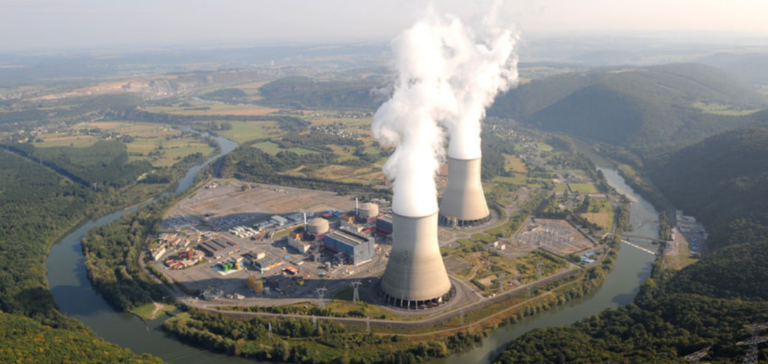At a time when technological innovation and energy commitment are crucial, Eiffage and Électricité de France (EDF) have joined forces for a major project: the construction of the EPR2 nuclear reactors. With an investment exceeding 4 billion euros, this partnership represents a strong commitment to nuclear energy and a significant technological advance.
Technical and Economic Impacts of the EPR2 Project
The project, which was launched following a consultation process that began in 2019, involves the construction of 69 complex structures. The work, scheduled for mid-2024, includes the construction of the reactor enclosures and the 70-metre-high, 50-metre-diameter domes. In addition to the technical aspects, the project has a significant socio-economic impact, promising to boost the local economy and promote employment, particularly for people with disabilities.
Environmental Challenges and Innovative Solutions
The EPR2 project is not without its challenges, particularly environmental ones. The Environmental Authority raised concerns about the impact of the project on the artificialization of the seabed and Natura 2000 sites. EDF takes these concerns seriously, and is committed to finding appropriate solutions.
The Penly EPR2: a milestone in French energy strategy
The installation of the EPR2 reactors at Penly is part of a wider strategy by France to revitalize its nuclear sector. This project is the first in a planned series, with other facilities at Gravelines and Bugey, and is scheduled for completion between 2035 and 2037. It represents a key moment in France’s commitment to sustainable, reliable nuclear energy.
The EPR2 project, led by Eiffage and EDF, represents a decisive step in the development of the French nuclear sector. It underlines the importance of technological innovation and commitment to sustainable energy, while highlighting the socio-economic and environmental challenges to be overcome.






















